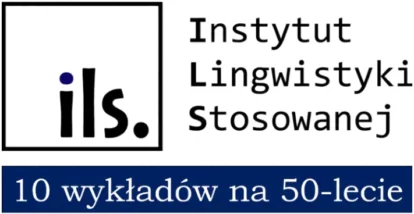
Shift in orality
Technology advancements and the recent COVID 19 pandemic have changed the interpreting landscape and have accelerated the use of remote interpreting, both telephone and video-based interpreting.
Shift in Orality — Shaping the Interpreters of the Future and of Today anticipated this trend. This EU-funded research project (2015–2018) explored the features and possible constellations of remote dialogue interpreting with the aim to produce useful information and knowledge about this interpreting mode. The project was coordinated by Prof. Félix San Vicente of the Department of Interpreting and Translation (DIT) of the University of Bologna (Italy) and the partners were: University of Surrey (United Kingdom), Universidad de Granada (Spain), Universidad Pablo de Olavide (Spain), Dualia Teletraducciones SL (Spain) e Veasyt Srl (Italy).
The aim of these 4 videos prepared by DIT interpreter trainers is to present the features of the Shift in Orality training materials for the benefit of trainers and students.
Shift in Orality Project — Part 1 Features of remote interpreting
- “Shift in Orality Project: An overview” (Amalia Amato)
- “Shift in Orality Project: Teaching materials” (Nicoletta Spinolo)
Shift in orality Project — Part 2 Introduction to teaching materials
- “Shift in Orality Project: Setting up the classroom” (María Jesús González Rodríguez)
- “Shift in Orality Project: Observation sheets” (Mariachiara Russo)

A series of talks to celebrate the golden jubilee of the Institute of Applied Linguistics
The year 2022 marked the 50th anniversary of our Institute. We celebrated this round anniversary with a series of 10 talks delivered by the greatest scholars in the scientific fields represented by our faculty, as well as in the languages taught at our Institute. The lectures were simultaneously interpreted into Polish by our students.
- Rebranding translation (Anthony Pym)
- Aspects historiques, sociologiques et techniques de l’évolution de la traductologie de l’interprétation (Daniel Gile)
- Exploring cognitive processes in dialogue interpreting (Elisabet Tiselius)
- An overview of the transformation of Sign Language Interpreting as profession & research, & Sign Language Interpreting Studies as a transformative field (Jemina Napier)
- Terra incognita, или почему восточные (русские) теории устного перевода до сих пор неизвестны на Западе (Ivana Čeňková)
- ‘What she said’: Usage-based approaches to Language Cognition, Translation, and Interpretation (Nick Ellis)
